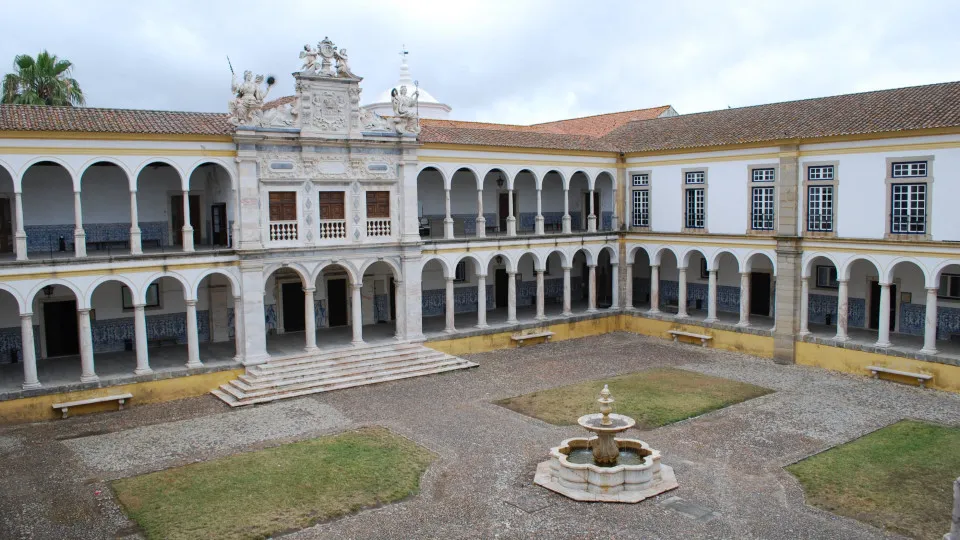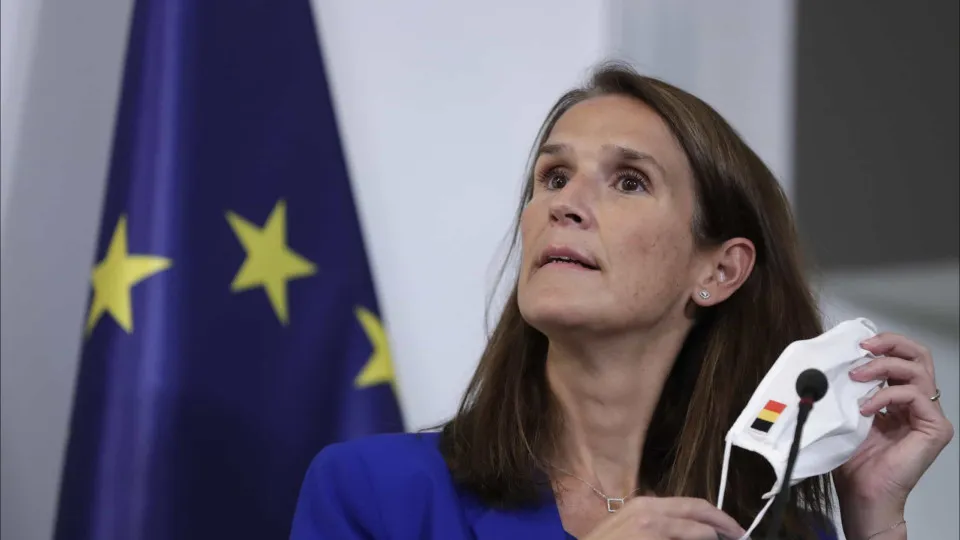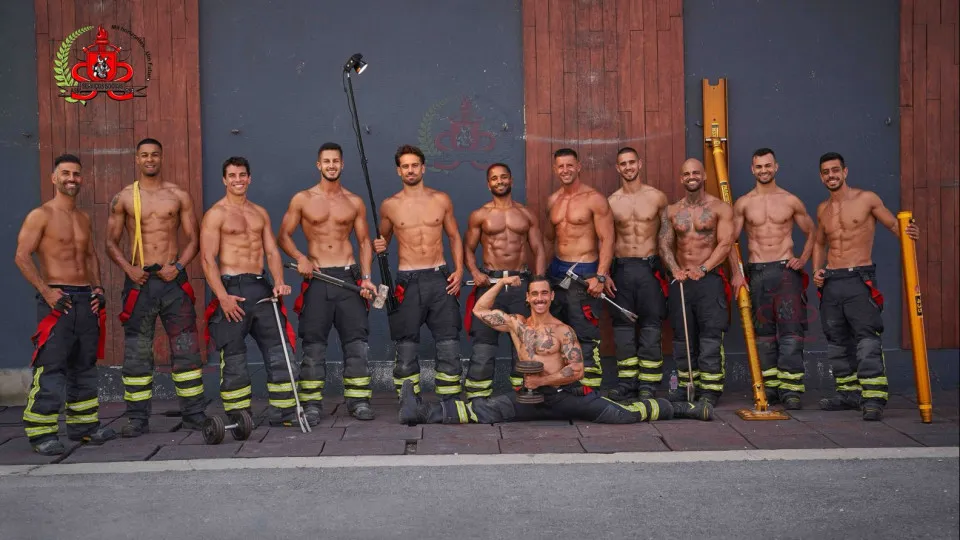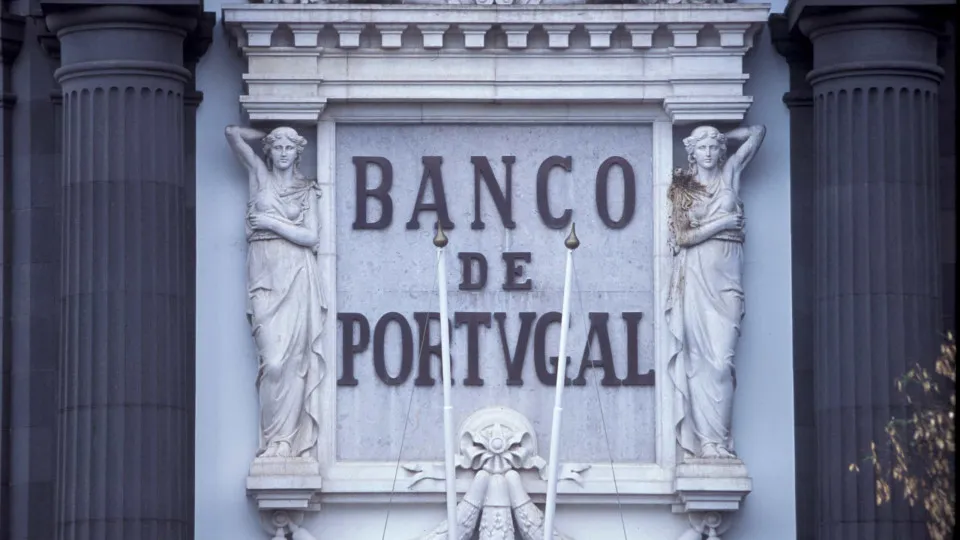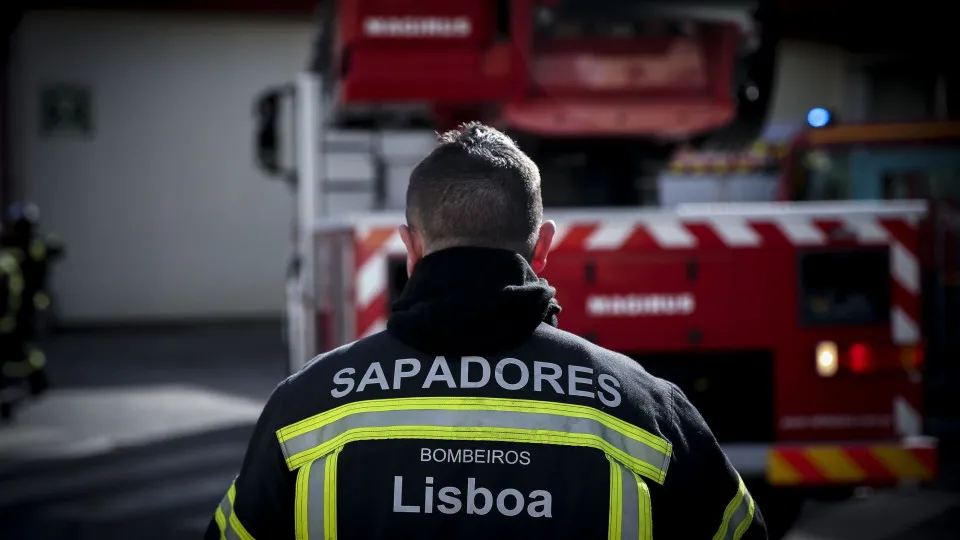
The head of the National Union of Professional Firefighters (SNBP), Sérgio Carvalho, stated that the strike will only cease once he meets with the Mayor of Lisbon.
Sérgio Carvalho noted that the “commander of the Regiment is aware of all existing situations,” citing “poor management of personnel, lack of planning and organization” as key issues.
He added that new firefighters, who began their duties last Thursday, had to resort to using blue helmets from the recruit phase, as “the RSBL lacks new helmets for these officers.”
“For two years, firefighters who were formerly recruits and are now operational have only received three uniforms, and they lack cold-weather jackets, rain suits, vests for operating ambulances, and other personal protective equipment,” he accused.
The Sapadores are striking due to a “shortage of personnel and vehicles without crews, with some vehicles lacking specific equipment for several years,” alongside station facilities with “inadequate living conditions.”
Sérgio Carvalho also highlighted that the Sapadores provide a 24-hour prevention service at the Santa Maria Hospital helipad, yet “no one knows the protocol established between the RSBL, the Lisbon City Council (CML), and Santa Maria Hospital.”
“Eighteen men from three Lisbon stations are stationed at Santa Maria around the clock, and we do not know what compensation the municipality receives for this preventive service using RSBL vehicles and firefighters,” he explained, noting that this service is compensated “at considerable rates” in other hospitals and regions.
“The CML/RSBL cannot offer a free service to the Ministry of Health, particularly for prevention rather than emergency response,” he emphasized, adding that preventive measures related to landings and takeoffs at the Santa Maria Hospital helipad will be impacted by the strike, “since these are not emergency services but preventive ones.”
During the strike, minimum services will be maintained to ensure emergency response to the Lisbon population, assured Sérgio Carvalho. The strike will impact services such as prevention and inspections, floor cleaning, and others that do not compromise emergency response.
“Only emergency services with adequately manned vehicles will be provided, while other vehicles without crews and those kept idle will not be counted towards emergency response capabilities,” stated an SNBP note.
Regarding professional training, only training related to promoting RSBL firefighters will be ensured.
The SNBP emphasized that all concerns have been communicated to the RSBL, and “a commitment was made to resolve these issues.” However, “due to ongoing delays and lack of concrete measures,” a strike warning has been issued “automatically renewable monthly.”
Sérgio Carvalho also reminded that “over the past four years, the municipality allocated 8 million euros to the Regiment, and no requested transfer was refused, yet essential items for firefighting services are lacking.”
“Only poor internal management and substantial disorganization can explain delays in acquiring uniforms, PPE, jackets, rain suits, and in improving livable conditions in all stations, not just the few that have been renovated, while others remain in precarious condition,” he criticized.
The union leader further highlighted “significant dissatisfaction with how the evaluation system is applied” in the Regiment, revealing that many firefighters “only learned of their evaluation objectives for 2025 in October 2025, when the year was nearly over.”

